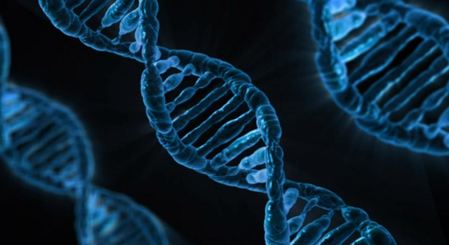New Delhi, May 2 (IANS). According to a new study, artificial intelligence (Artificial Intelligence or AI) may soon play an important role in identifying and treatment of genetic diseases.
This study has been conducted by scientists at Australian National University (ANU) in Australia. According to the Xinhua News Agency, its purpose is to make medicines and treatment more accurate and according to a particular person. This work has been done with the help of new types of data tools.
This research is published in ‘Nature Communications’. It has an attempt to understand how to make genes changes in genes by combining AI -powered protein models and genome sequening.
It used the Advanced AI Tool “Alphafold” made by Google’s Deepmind Company. This made scientists understood why some proteins are more affected by harmful changes, and nothing.
According to Dr. Dan Andrews, the lead researcher of the study, over time nature has developed the most essential proteins in such a way that they can withstand harmful changes. But this capacity was found to be low in proteins which are less necessary.
Scientists of ANU’s John Curtin School of Medical Research and School of Computing also stated that those genes who are not considered very important, sometimes become the cause of serious genetic diseases. Andrews said that changes in genes continue to happen and it is difficult to avoid.
Some genes are very important and less changes are seen in them, but some genes are so important despite being a little less important that they can cause disease when they change.
This research helps to understand which genes have more effects in diseases and who should be treated first.
Andrews said that if we know which genetic system is not working properly in a person’s body, then we can be more accurate in choosing treatment.
This study also applies to diseases in which many genes change. In this, the effect of gene change has been measured, so that it can be ascertained which gene is not working.
In future, this research can create such AI tools, which can suggest treatment based on the person’s genes and data related to the disease.
Andrews said, “Our future goals involve developing automated systems for individuals to mark effective treatment based on their genetic and pathology data.”
-IANS
AS/
